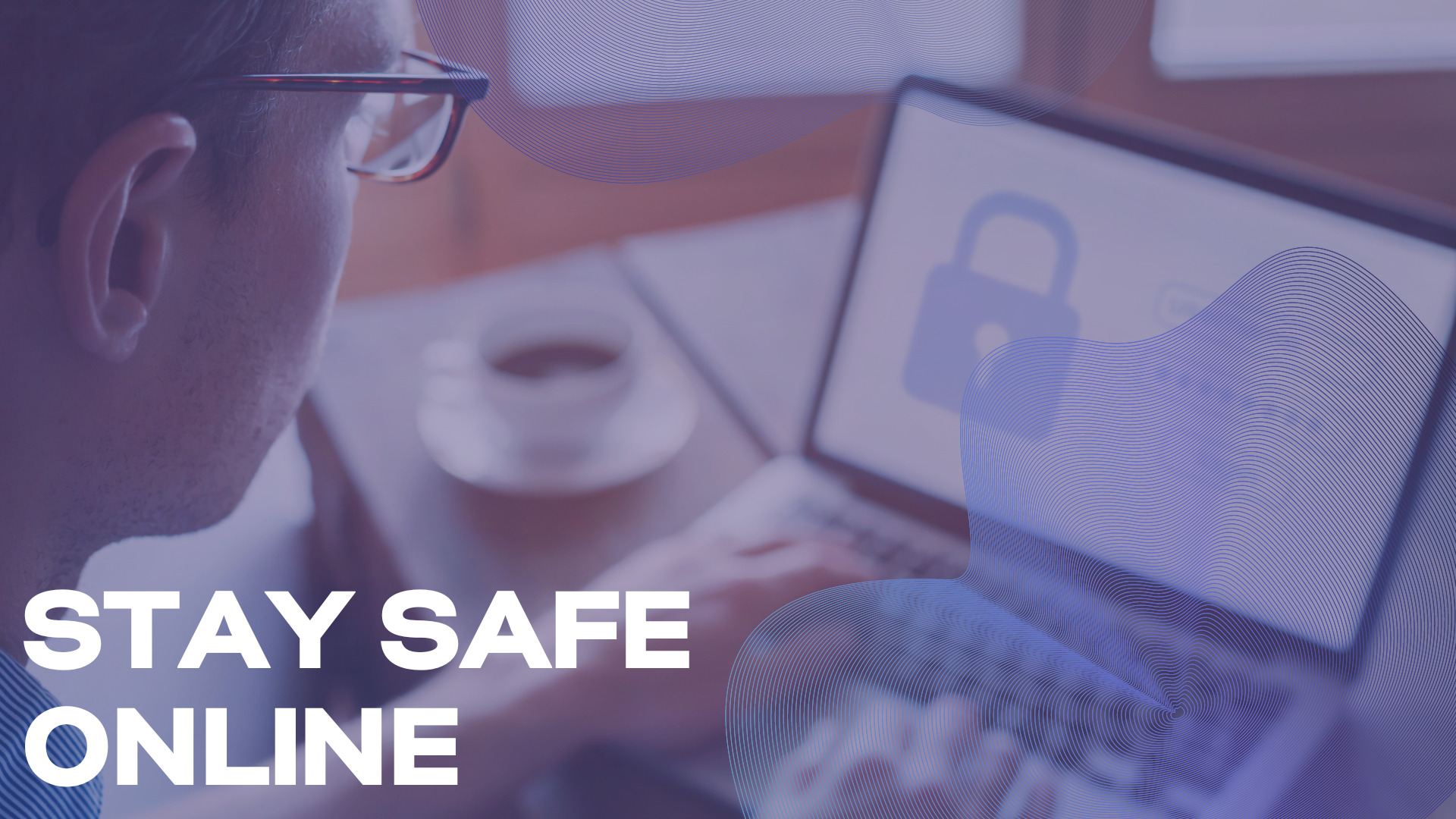Protecting Your Digital Identity
In today’s digital age, our personal information is often stored online and easily accessible to the public. With increasing incidents of identity theft and online fraud, protecting your digital identity has become more important than ever. In this article, we will discuss five tips to help you stay anonymous online and safeguard your personal information.

Introduction
In this digital era, our online activities leave behind a trail of personal information that can be accessed by hackers, advertisers, and even governments. Cybercriminals can use this information to steal your identity, commit fraud, and access your financial accounts. Therefore, it is crucial to take proactive steps to protect your digital identity and stay anonymous online.
Tip 1: Use a VPN
A Virtual Private Network (VPN) is a powerful tool for protecting your online privacy and staying anonymous online. A VPN creates an encrypted tunnel between your device and the internet, which makes it difficult for anyone to intercept your online activities.
Tip 2: Use Tor
The Onion Router (Tor) is free software that enables you to browse the internet anonymously. Tor encrypts your online activities and bounces your connection through a network of servers around the world, making it virtually impossible for anyone to trace your online activities.
Tip 3: Use a Privacy-Focused Browser
Using a privacy-focused browser like Mozilla Firefox or Brave can help you stay anonymous online. These browsers have built-in features that block trackers and prevent advertisers from tracking your online activities.
Tip 4: Use a Disposable Email Address
Using a disposable email address can help you keep your real email address private and protect it from spam and phishing attacks. There are several free services like Mailinator and Guerrilla Mail that enable you to create disposable email addresses that automatically expire after a certain period.
Being mindful of what you share online is critical for protecting your digital identity. Avoid sharing personal information like your home address, phone number, or financial information on social media platforms or public forums. Cybercriminals can use this information to steal your identity or commit fraud.
Conclusion
In conclusion, staying anonymous online is critical for protecting your digital identity and safeguarding your personal information. By following the five tips mentioned in this article, you can significantly reduce the risk of identity theft and online fraud. Remember, prevention is better than cure, and taking proactive steps to protect your digital identity is always a wise decision.
FAQs
Q1. Is it illegal to use a VPN?
Using a VPN is legal in most countries. However, some countries like China and Iran have banned the use of VPNs. Therefore, it is essential to check your local laws before using a VPN.
Q2. Can a VPN slow down my internet connection?
Yes, a VPN can slow down your internet connection, as it adds an extra layer of encryption and reroutes your connection through a remote server. However, most high-quality VPNs offer fast and reliable connections.
Q3. What is a disposable email address?
A disposable email address is a temporary email address that is used for a short period and automatically expires after a certain period. It is often used to avoid spam and phishing attacks.
Q4. Can I be completely anonymous online?
It is challenging to be completely anonymous online, as there are several ways to track your online activities. However, by using a combination of the tips mentioned in this article, you can significantly reduce the risk of identity theft and online fraud.



